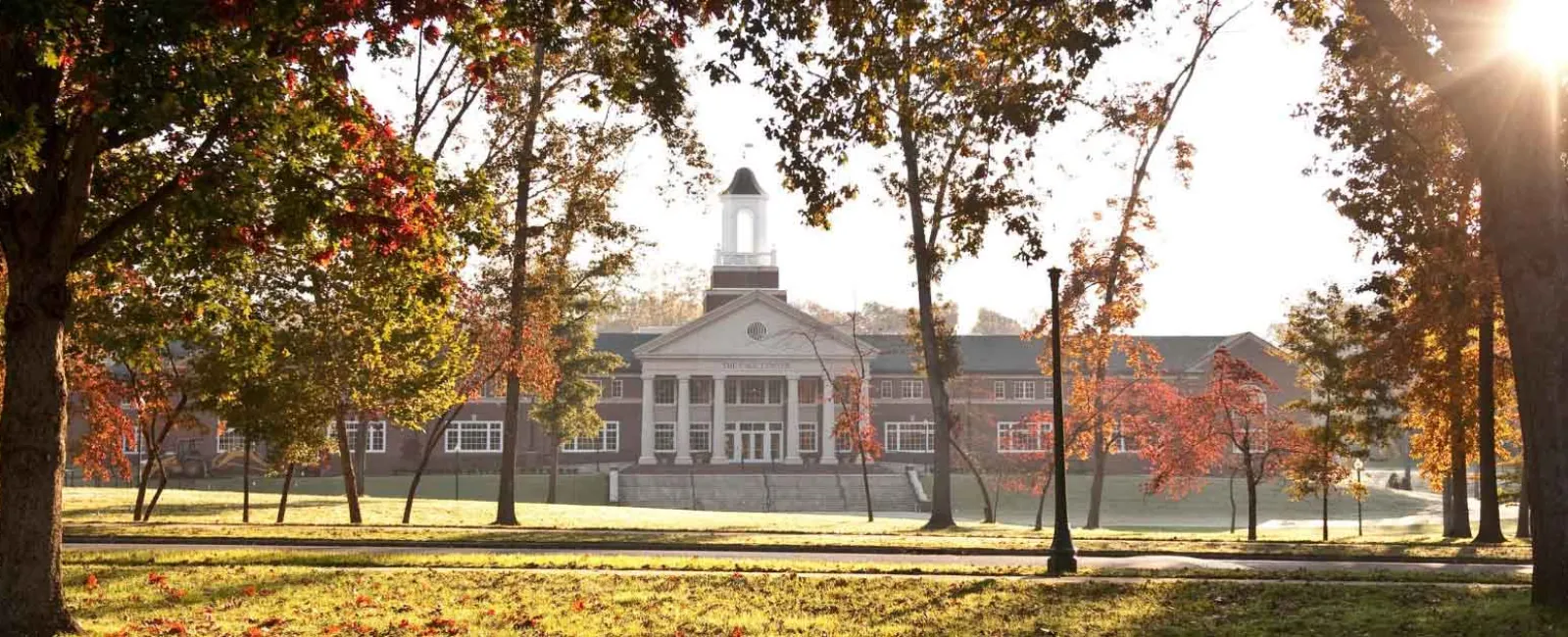
Ask the Expert
In today's issue of Ask the Expert, Kelly Holloway, founding partner of Epps, Holloway, DeLoach & Hoipkemier, LLC, will share some helpful facts about wills. Kelly has 21 years' experience practicing law in Athens, Ga., focusing on estate planning, estate administration, elder law, and veteran's benefits. She graduated magna cum laude from the University of Georgia School of Law in 1999 and earned a master's in mathematics education from the University of Georgia in 1995. In 1992, Kelly earned a bachelor's in mathematics education from Berry College. Today, Kelly serves on numerous non-profit boards and is a member of Berry's Planned Giving Council.
Does everyone need
a will, even those with few assets?
Yes! Having a will ensures that your assets
are distributed as you wish, not according to a plan designed by the state in
which you live. It's particularly important for parents with young children
because it ensures that the children are raised by someone they choose. If
there is no will naming a guardian for the children and someone to manage their
assets, a court will make those decisions. You can also use your will to
designate a guardian for other dependents and your pets.
What happens if you
die without a will?
People often think that
if they do not have a will, all their assets will be divested - taken - by the
state. This isn't true. If you die without a will, the state decides how to distribute
your assets among your heirs, according to the law. For example, if you die in
Georgia without a will, your spouse and children, if any, will divide the
estate. If you have no spouse and no descendants, your parents will inherit,
then your siblings, nieces, and nephews, etc.
What are some of
the advantages to working with an attorney over using a "do-it-yourself" will?
If you use a form or "do-it-yourself"
will, your heirs will probably have to jump through extra hoops to settle your
estate. For example, in Georgia, having a will in place can decrease the amount
of paperwork your executor must deal with and grant them a list of powers not
typically included in a form will. Because most "do-it-yourself" wills do not
contain this language, settling the estate usually takes longer.
What is required
to make a will "legal"?
In Georgia, people as
young as 14 can make a will, if they have the mental capacity to understand
they are making provisions to distribute their property to designated
beneficiaries after their death. All
wills must be in writing and signed by the testator (the person making the will),
or by someone else, in the testator's presence and at the testator's expressed
direction. Wills must also be signed, in the presence of the testator, by two
or more competent witnesses.
Do wills need to
be notarized and filed at the courthouse?
It's not necessary to
notarize or file your will at probate court, although that is a place of safe
keeping. One word of caution, though. If you file your will at probate court, you
might forget it's there, and if you execute a new will, there could be some
confusion about what is truly your "last" will and testament. One more thing,
if your will is "self-proved," meaning you and your witnesses sign an affidavit
before a notary public who also signs the affidavit, then attaches it to your
will, your witnesses will not need to testify as to the validity of your will at
the time it is probated.
How often should
someone "revisit" their will?
I always recommend that
people review their wills once a year on their own and once every five years
with an attorney. If, however, something major happens in their life in the
interim, such as a death, birth of a child, etc., I recommend that they review their
will with an attorney at that time.
Here to help
Remember, I and other
members of Berry's Planned Giving Council are available to answer any questions
about wills and planned giving that you might have. My fellow Council members
are Berry alumni and friends who come from a wide variety of professional and
civic backgrounds, including CPAs, financial planners, stockbrokers, trust
officers and more. We stand ready to provide advice and technical expertise on
various planned giving instruments and relevant laws. To learn more about
planned giving at Berry or to learn how to contact me or a member of Berry's
Planned Giving Council, please call or email Helen Lansing at 706-378-2867 or hlansing@berry.edu.



